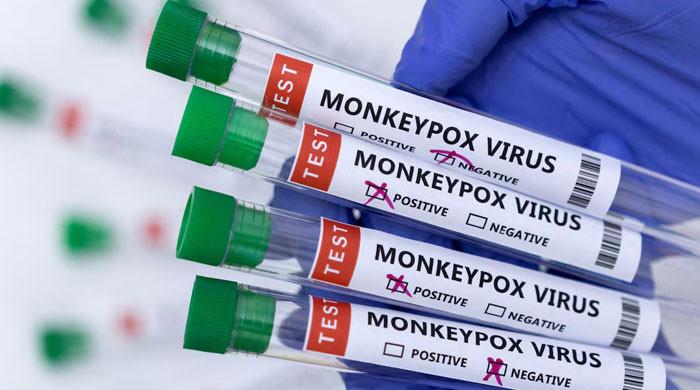New malaria vaccine is world-changing, say scientists

Scientists at the University of Oxford have created a malaria vaccine with “world-changing” potential.
Trials revealed up to 80% protection against the devastating disease, and the team anticipates its release next year.
The experts stress how important it is that their vaccine is affordable and that they already have a contract to produce more than 100 million doses annually.
Since the malaria parasite, which is spread by mosquitoes, is incredibly complicated and elusive, it has taken more than a century to create effective vaccines. It is challenging to immunise against since it is a moving target that takes on different shapes inside the body constantly.
The first vaccine, created by pharmaceutical behemoth GSK, was given the historic OK by the World Health Organization to be used in Africa last year.
The Oxford team claims their strategy is more efficient and can be produced on a much larger scale.
A study including 409 kids in Nanoro, Burkina Faso, had results that were published in the Lancet Infectious Diseases. It indicates that up to 80% protection can be achieved with three initial doses and a booster shot given a year later.
The vaccine created in Oxford is comparable to the one that is currently approved and produced by GSK.
Both aim to stop the parasite at the early stage of its lifecycle before it can enter the liver and take root in the host.
The hepatitis B virus and the malaria parasite each contribute proteins to the vaccines, but Oxford’s formulation contains a higher percentage of malaria proteins. According to the team, this allows the immune system to concentrate on fighting malaria rather than hepatitis.
The GSK vaccine’s effectiveness has helped Oxford be more positive about releasing their vaccine the following year, for example by determining how practical an African vaccination programme would be.
It is challenging to directly compare the two vaccines. Oxford’s findings may appear more successful because they were provided right before Burkina Faso’s peak malaria season, but GSK’s has undergone extensive real-world trials.
The chair in infectious disease epidemiology at Imperial College London, Prof. Azra Ghani, called the trial results “extremely gratifying” but cautioned that funding would be needed to provide vaccines to patients.






